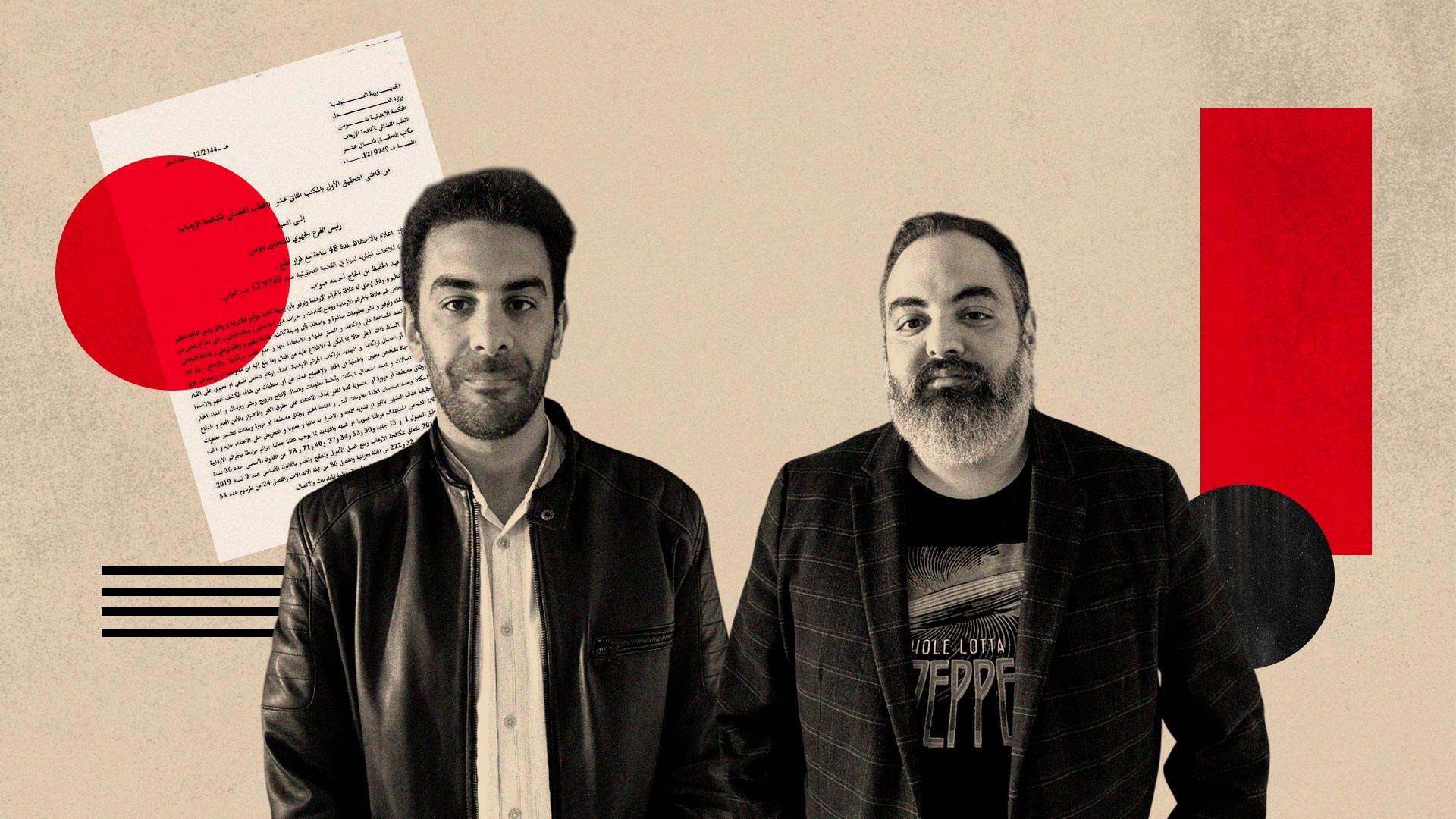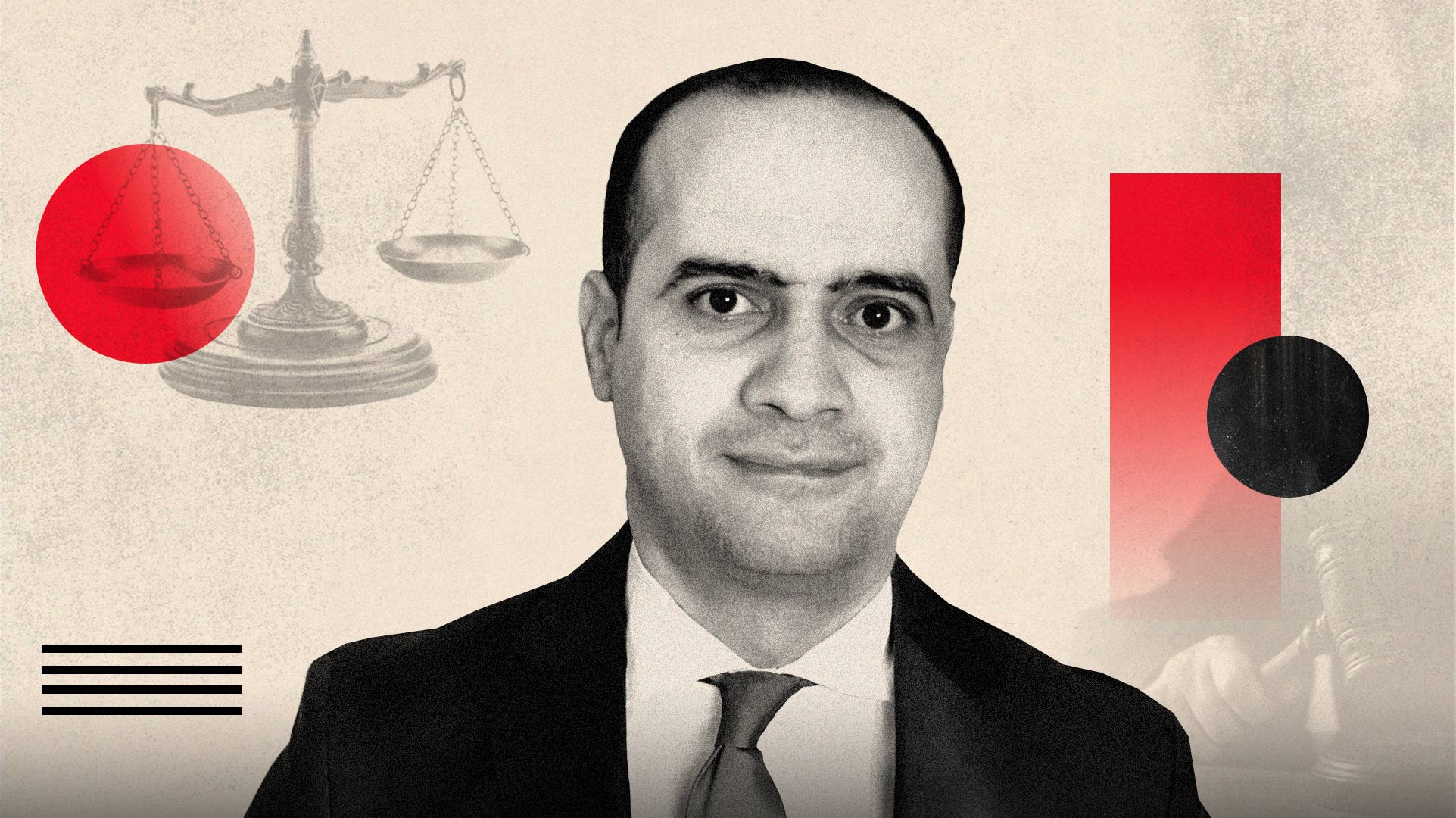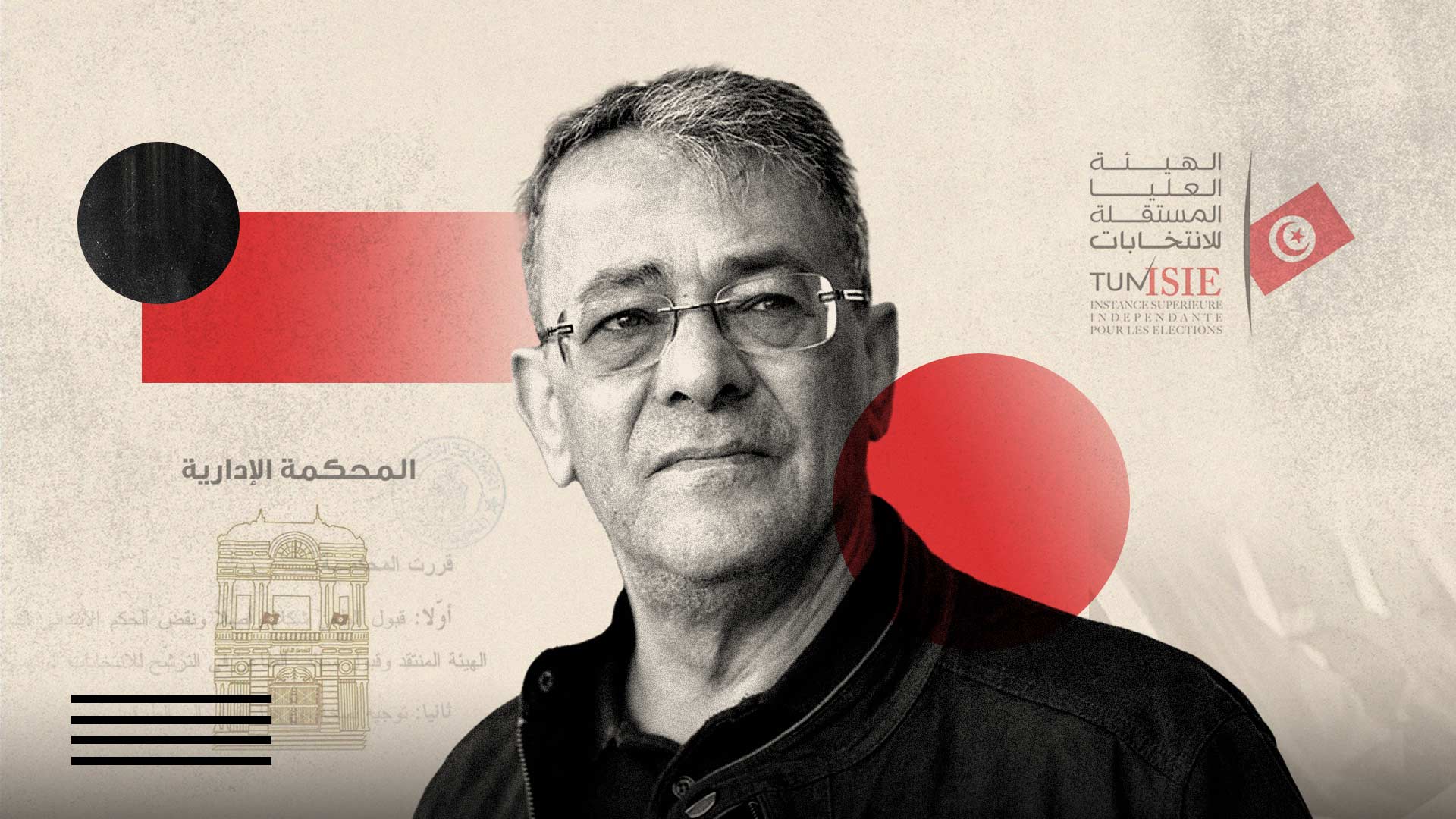Tbarbich
Latest episode
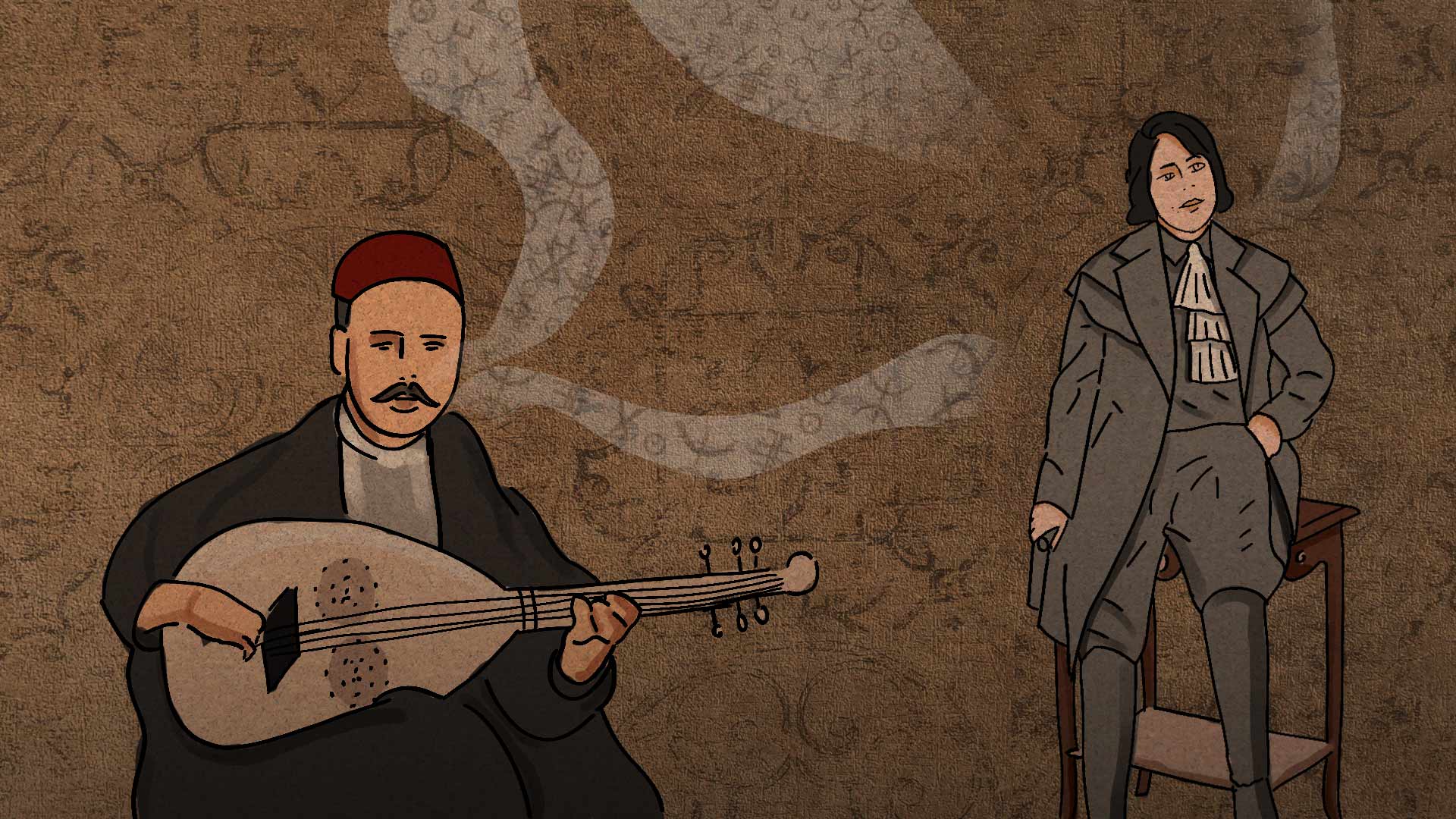
Time goes by like the wind
ALL EPISODES
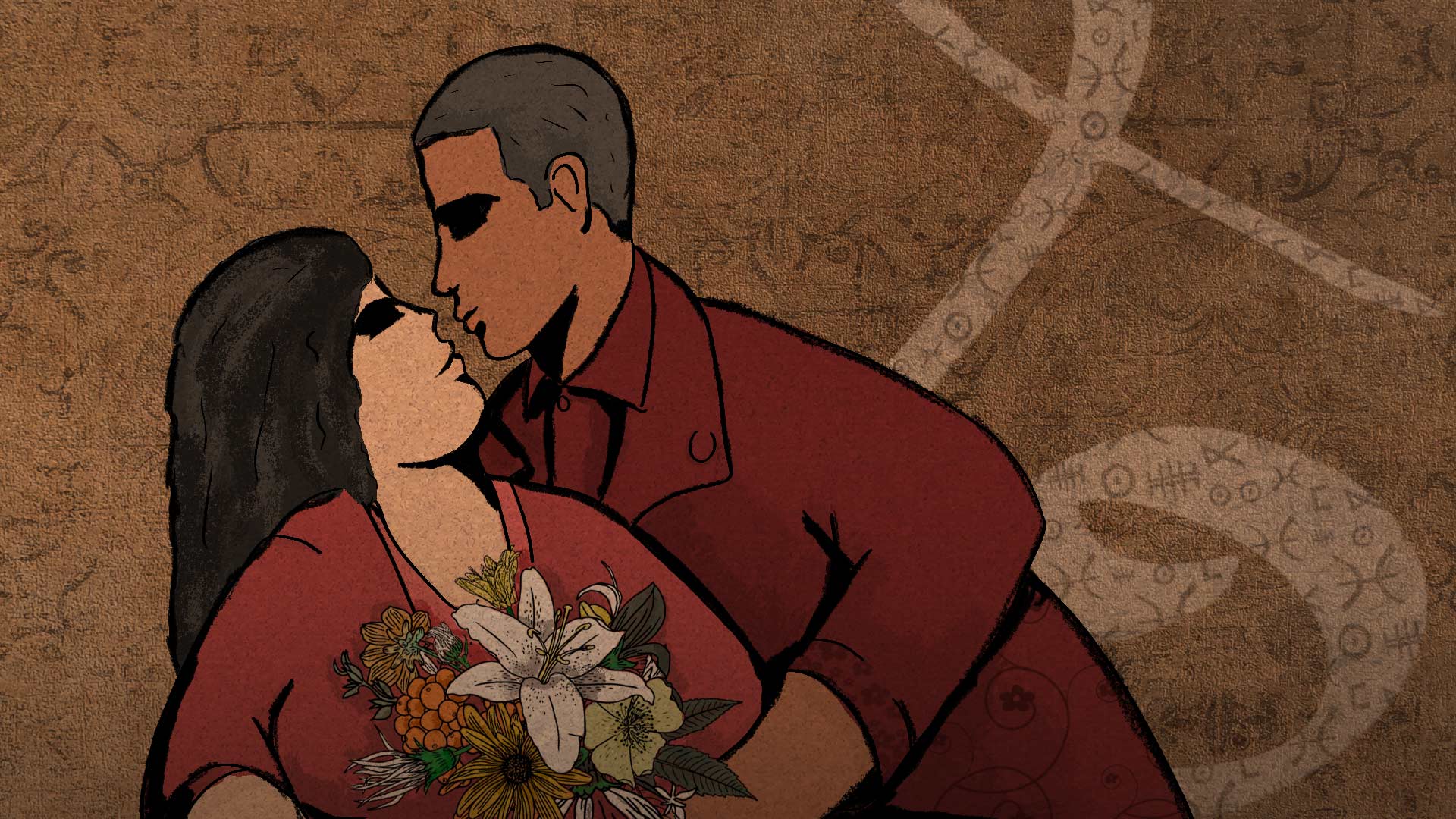 | EPISODE 11Love Street | Love is a great source of inspiration for poets. It is the voice of the singers, the rhythm of the dancers and a reason to exist for the people. Love within Tunisian folklore is heavily influenced by the geographical context of both the northern and southern parts of the country. It reflects cultural and historical perspectives, and traces how these have developed over time. | |
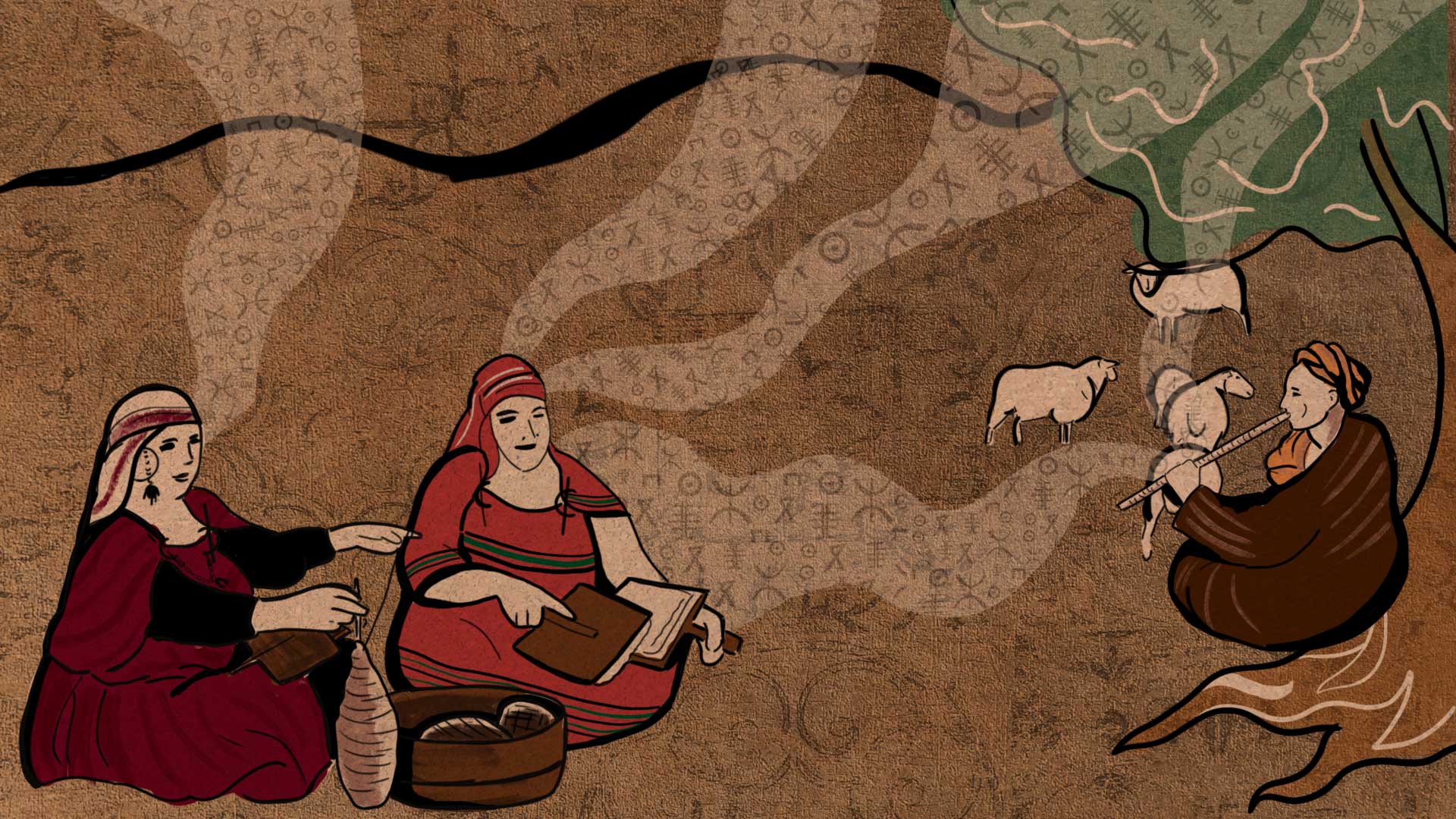 | EPISODE 10Songs of the steppes | Al-Salhi is a staple of Tunisian folklore with a strong personality that permeates the collective memory - a living monument that retraces and depicts the details of everyday life in both its simplicity and complexity, as well as particular events and sentiments. | |
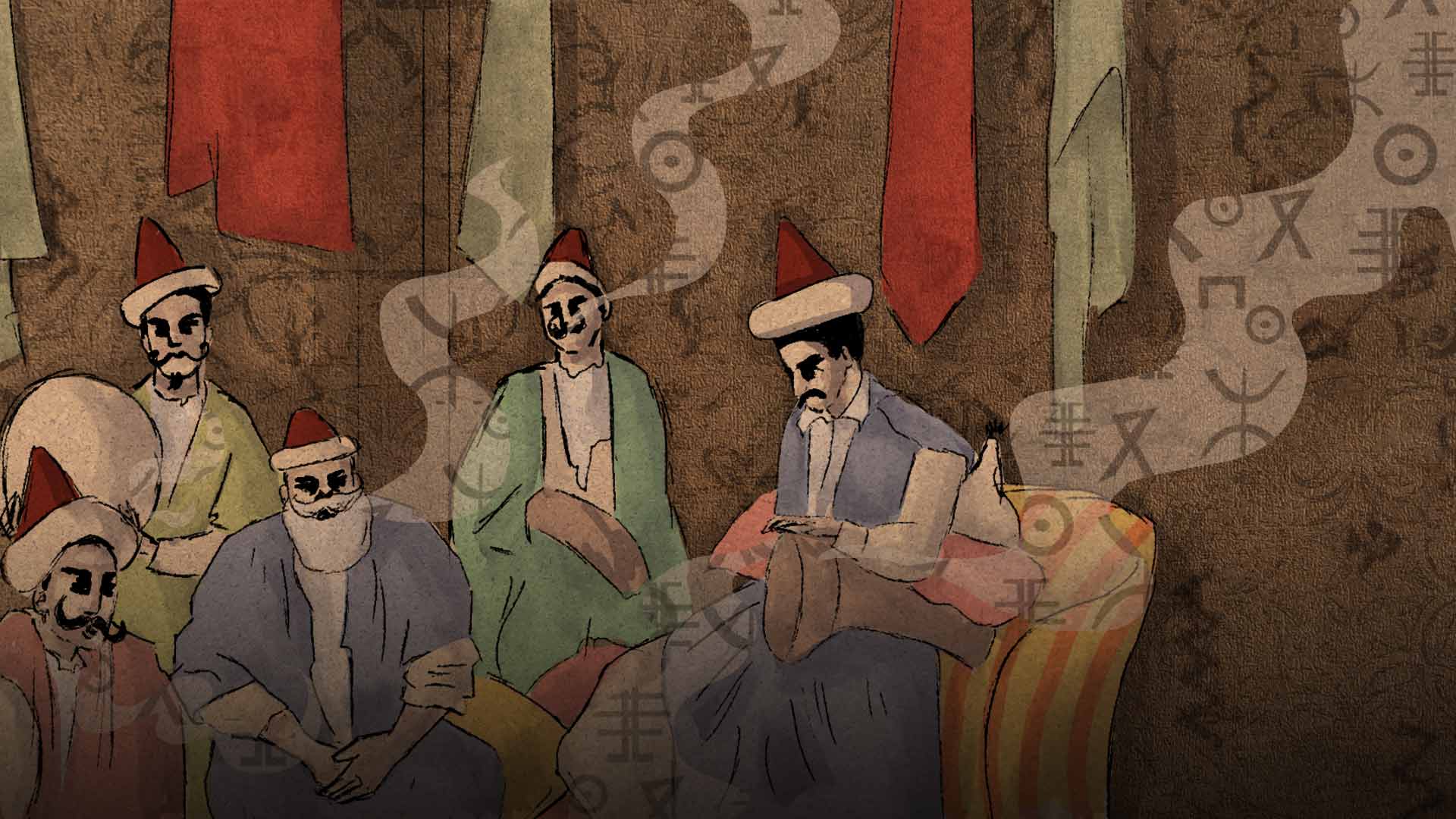 | EPISODE 9“Always laughing… Always vibrant” | From Aissaouiet el Balout to Saleh al-Khamisi, irony is society’s antidote to an increasingly painful reality... | |
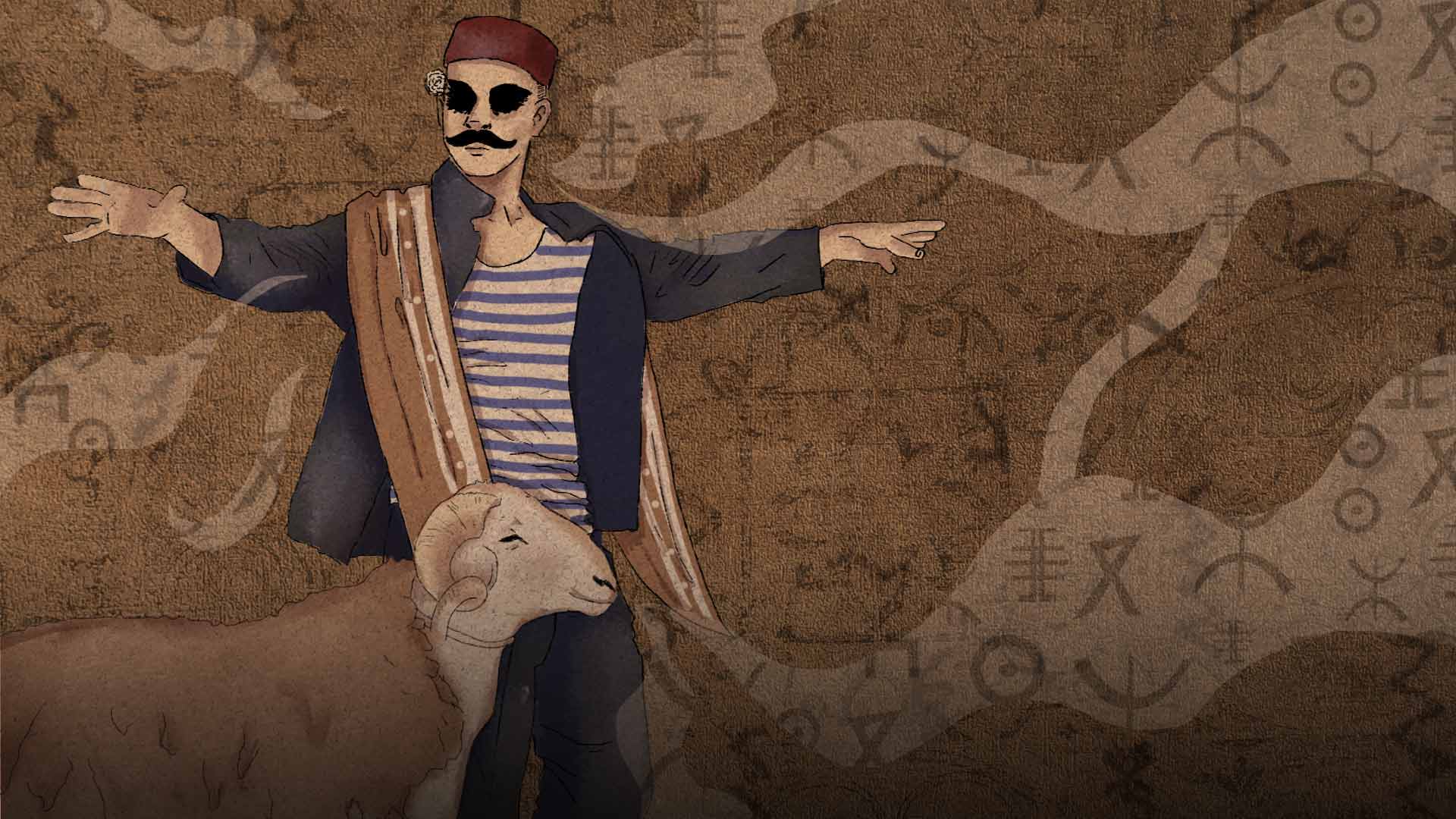 | EPISODE 8The secrets of the faubourg | The world of the zoufris is a distinct world, with its own rules and regulartions... It is the extension of a latent suffering in which historically and geographically marginalised groups have participated, a voice that manifests rejection... The rejection of domestication within the conventional mould, and the culture of the masses that does not tolerate being different. | |
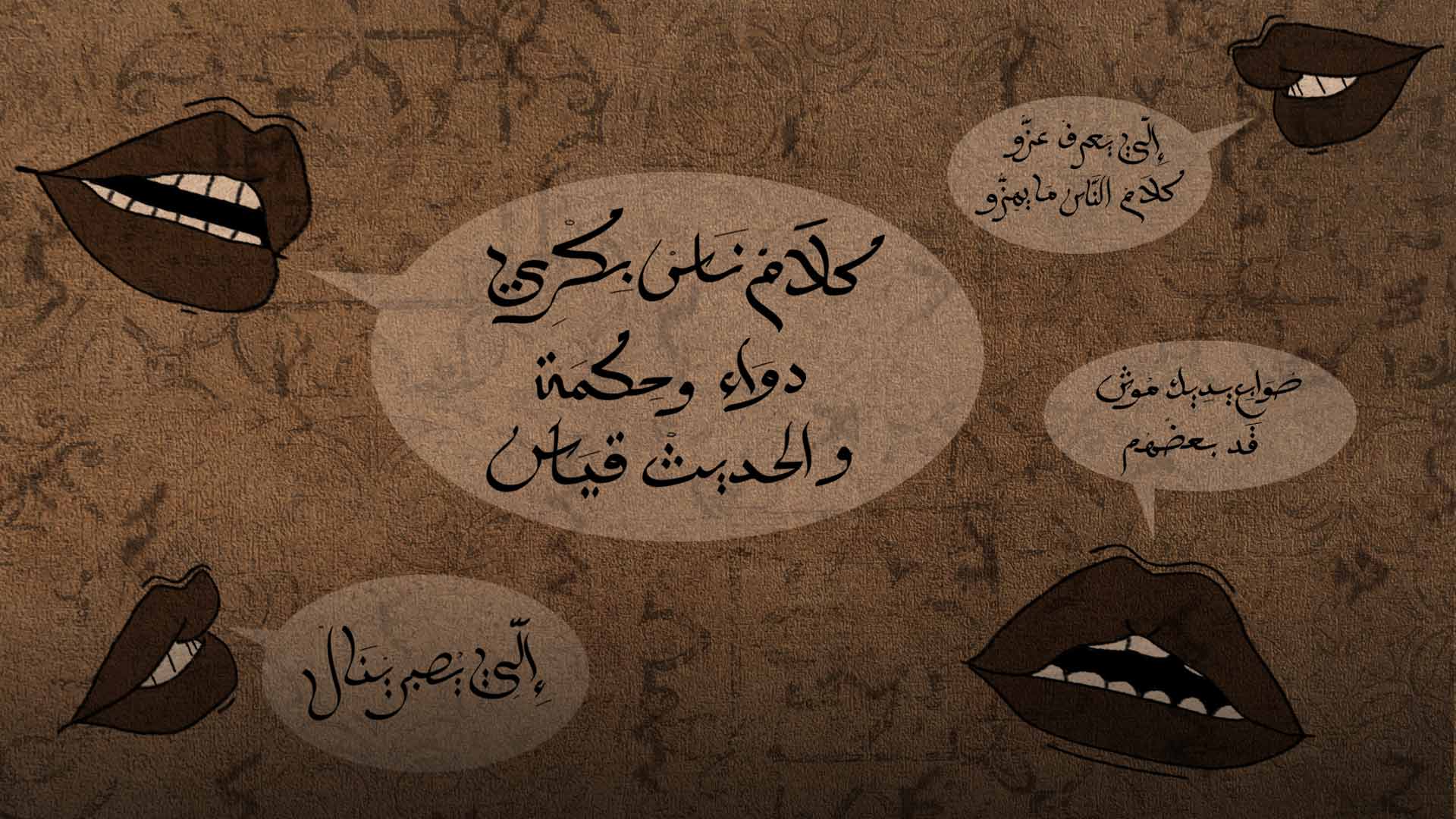 | EPISODE 7What the elders used to say | If proverbs are a way to understand a culture, what are the images that are conveyed in Tunisian ones? How do they deal with specific subjects that reveal the social representations of the past, and still influence individuals today? | |
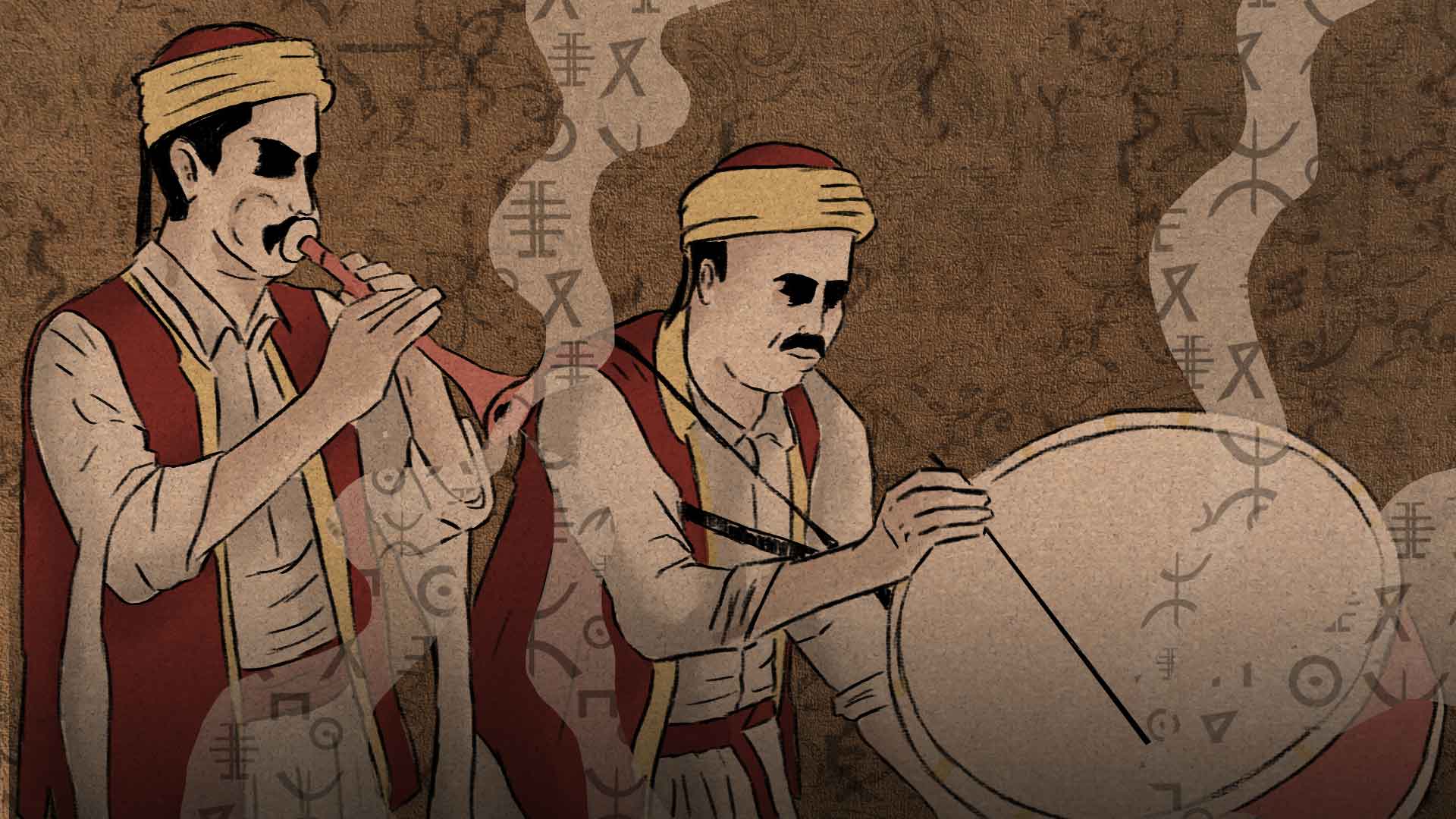 | EPISODE 6From Kerkennah to Djerba, with beating drums | Whether in Kerkennah or Djerba, the rhythms are quite similar: they are airy and jerky, with a perpetual back and forth. The Zokra (flute) and the Tbal (drum) are the most prominent instruments of the Tunisian islands. | |
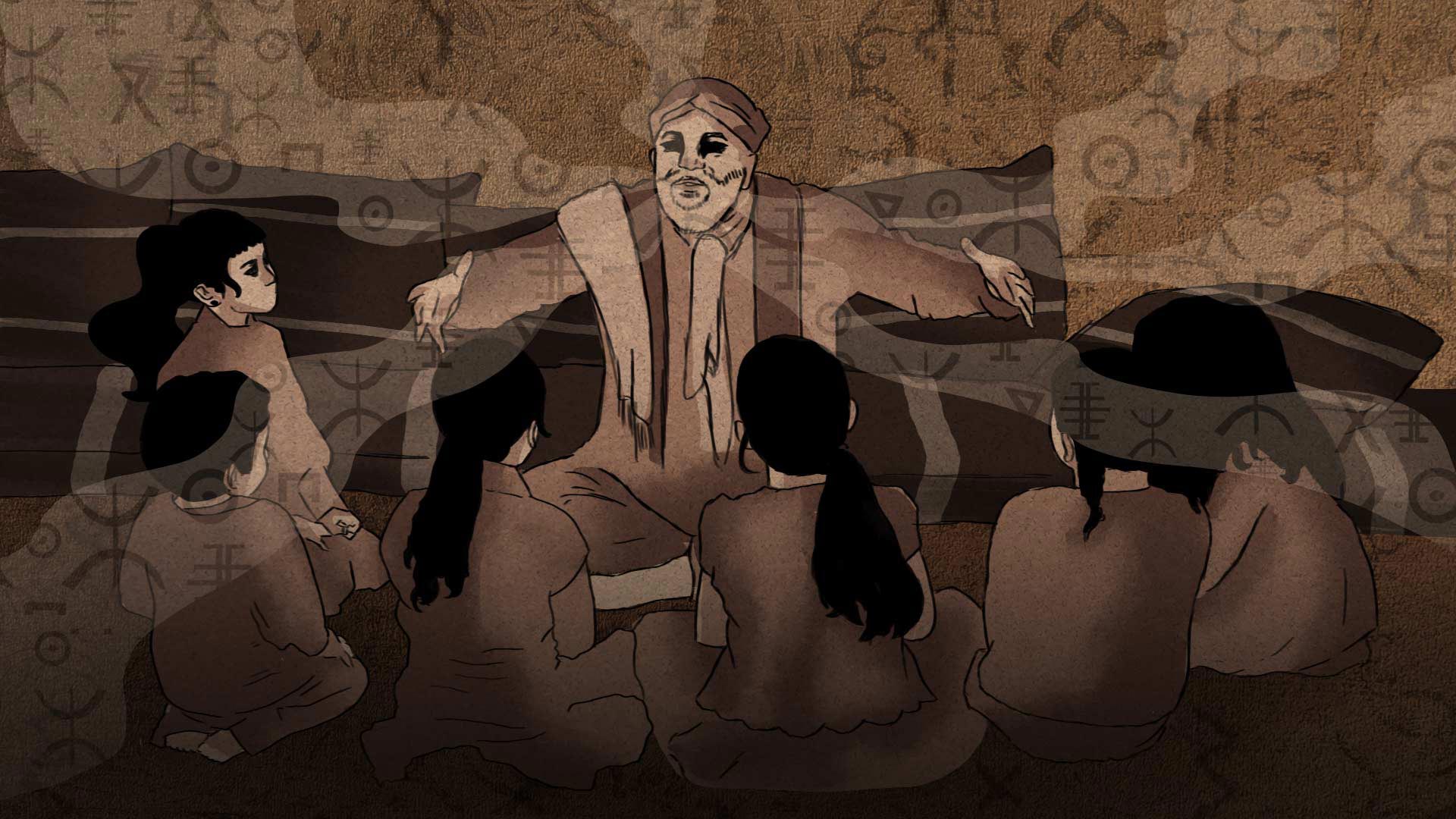 | EPISODE 5The Fdaoui: An embedded tale | Once upon a time, the question of being human... | |
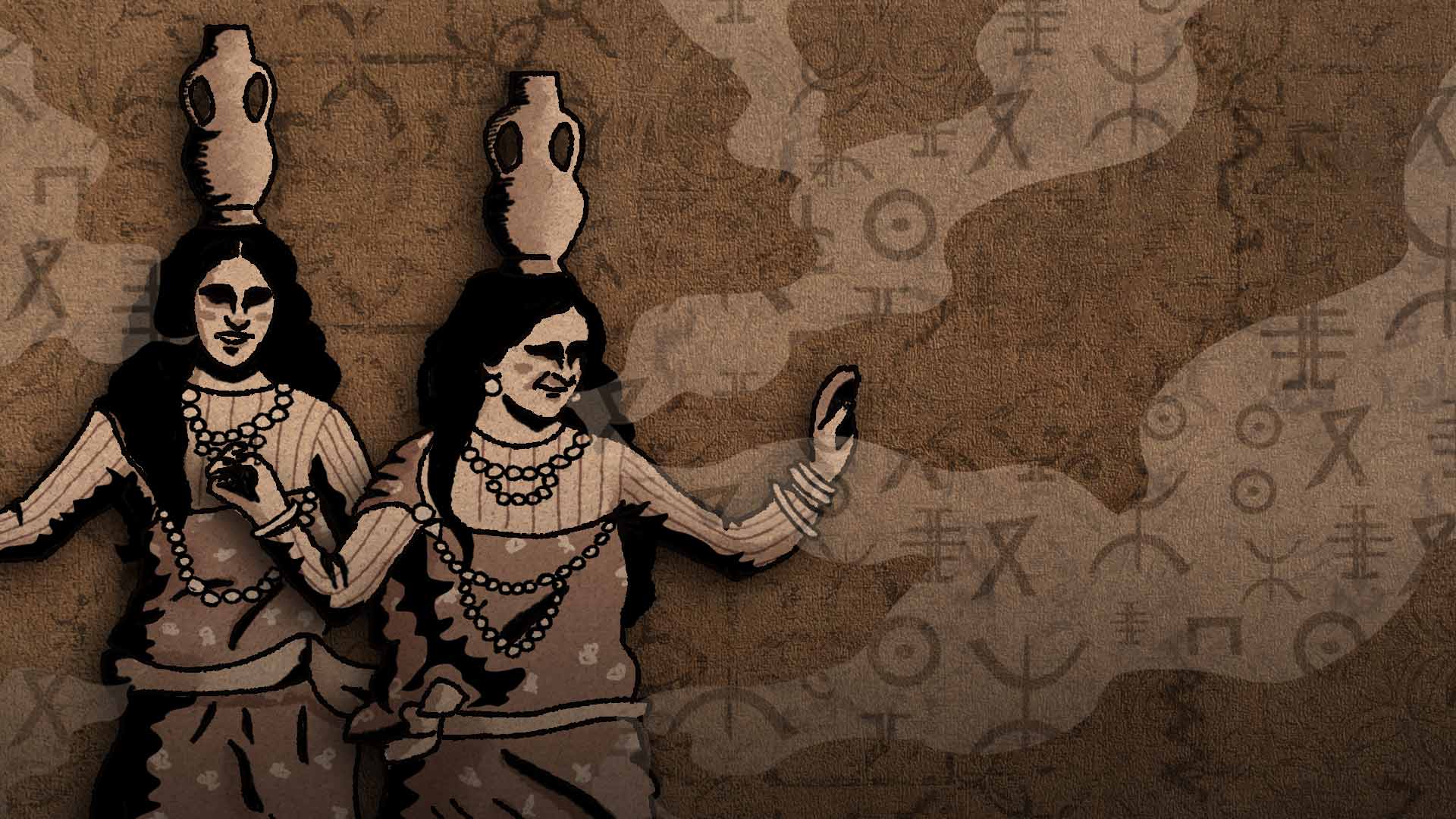 | EPISODE 4I dance, I exist | To the rhythm of the Bounouara and the Fezzani, we set off on a journey in which we explore the stories told by the bodies of women and men throughout the generations. What is Tunisian folk dance? Can it be limited to its labels and definitions?What does this spontaneous, natural expression tell us, as it weaves its narrating fabric of temporal and geographical accumulations, as well as cultural, social, economic and political introspection? | |
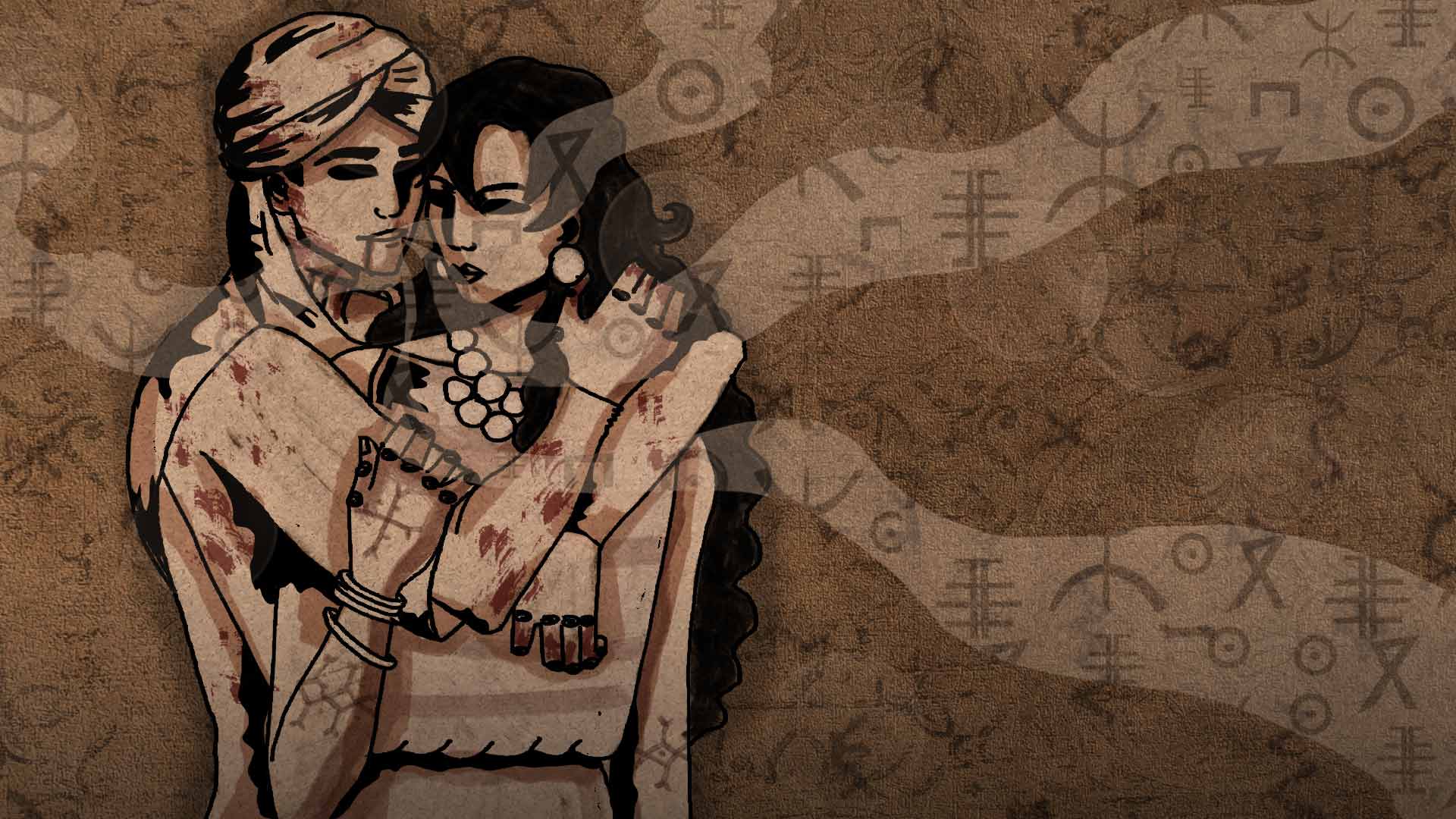 | EPISODE 3The "green" erotic poetry | The so-called "green" erotic poetry is one of the poetic forms, which, due to its strong presence throughout Tunisia as well as a lack of documentation, reveals extraordinary paradoxes. Through the stories of "cursed" poets, this episode explores the eternal conflict between censorship and freedom. | |
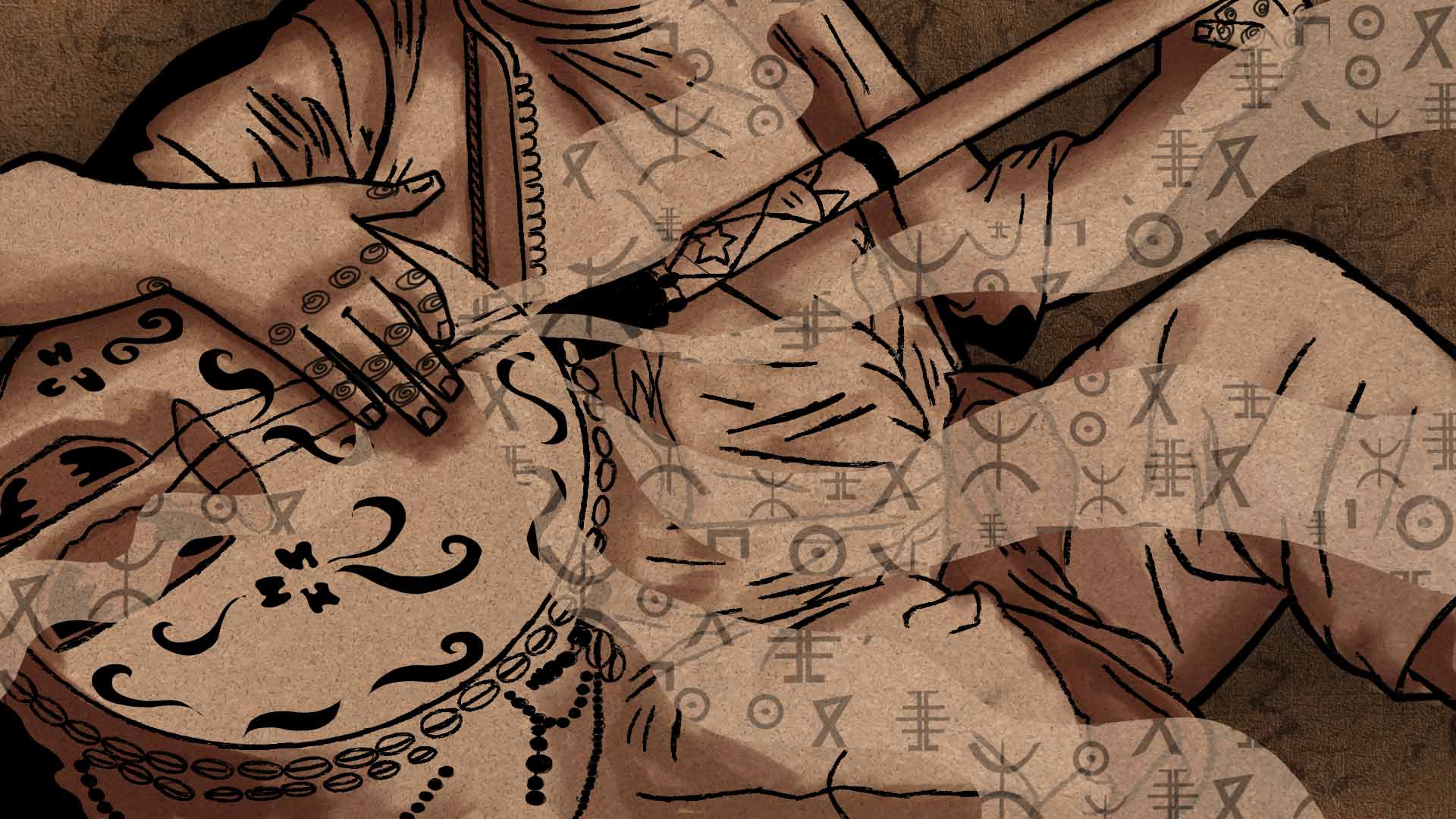 | EPISODE 2Stambeli: In search of the origins | There are many myths surrounding Stambeli, a sound that is sometimes disturbing due to its rhythms, codes and mystical trances. In this episode, Rabeb Srairi plunges us into the universe of this music, with its multiple identities. Interspersed with contributions from specialists in the field, this episode takes us to the doorstep of Dar Barnou, one of the six Stambeli houses in Tunisia. | |
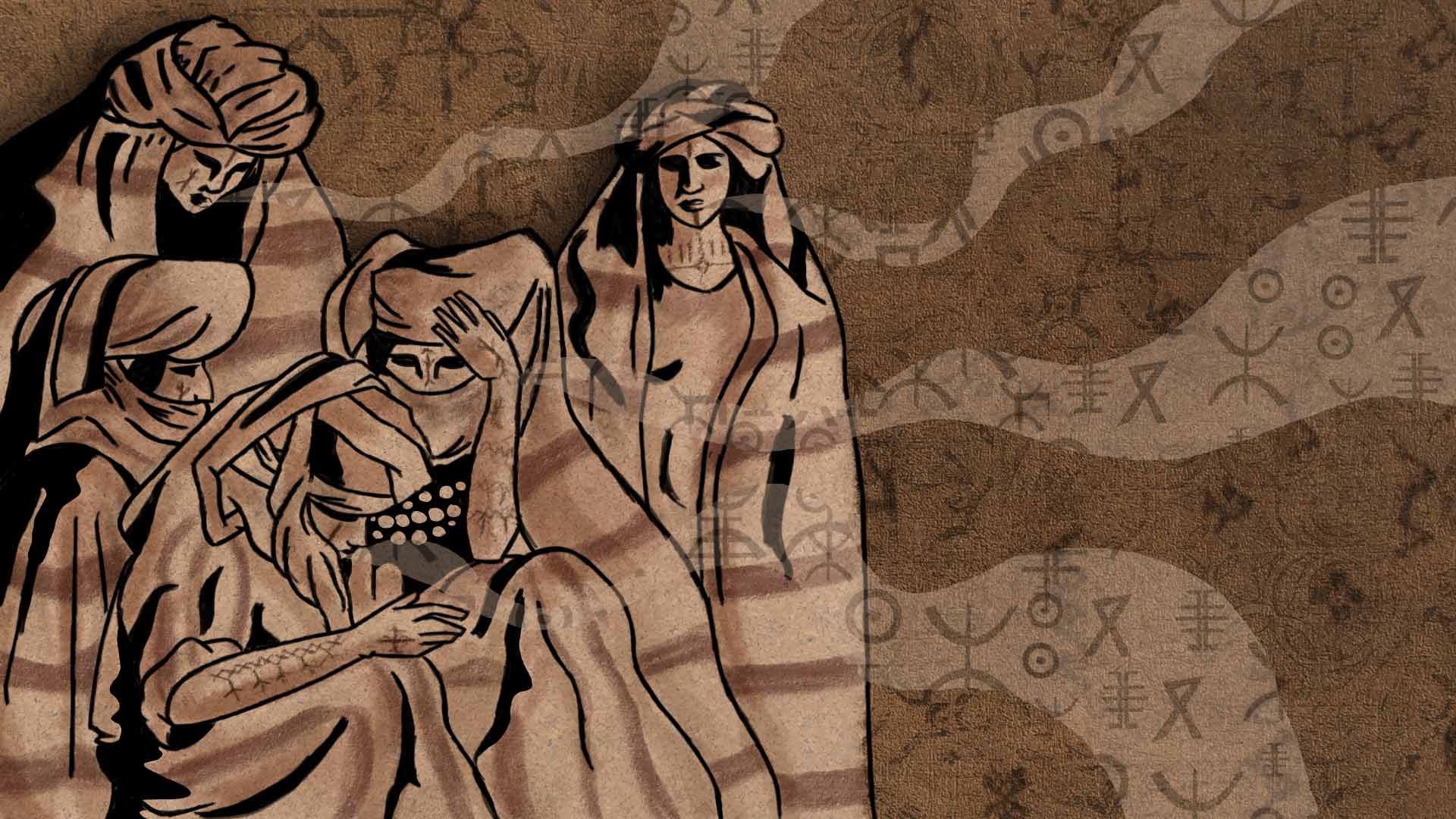 | EPISODE 1El Borrache: The Songs of Women | El Borrache: is it just a form of cultural heritage, spontaneously transmitted between women? Or is it a way to reappropriate an expression of freedom that had been hijacked by male culture? This podcast explores an artistic cultural expression, praciticed by women in the southern and western regions of Tunisia. An expression deeply rooted in the history of the country and its geographical scope. | |
Recommended for you
Special interview with Saeb Soueb and Ayoub Ghaloussi
The future of justice in Tunisia: Between challenges and resistance, Special interview with Said Ben Arbia
Special interview with Ahmed Souab: serious repercussions from ISIE's refusal to enforce administrative rulings
ABOUT
Inkyfada Podcast is the first platform entirely dedicated to original Tunisian podcasts, and was conceived by Inkyfada media in collaboration with the in-house research and development laboratory, InkyLab. Inkyfada joined the global podcast boom in 2017, when the team produced the first Tunisian audio documentary, diving deep into the belly of the El Kamour struggle taking place in the desert. Since then, Inkyfada Podcast has produced a wide variety of documentaries, investigations, and podcast series, as well as articles accompanied by music; covering a multitude of contemporary issues in order to offer an immersive and alternative podcast experience. Whilst exclusively offering audio content, the Inkyfada Podcast team upholds the same core values and principles of inkyfada.com, and is committed to producing high quality content though a dynamic and meticulous production process. In addition to the permanent team, Inkyfada podcast works closely with various journalists, artists, illustrators, musicians and other content creators in order to diversify the platform and support artistic creativity. These podcasts differ from traditional radiophonic content in that the applied production and editing process is more akin to cinematographic techniques, in addition to being web-based, downloadable and accessible on demand. Additionally, Inkyfada Podcast uniquely offers subtitles in French, Arabic and English for all audio content, the majority of which is recorded in Tunisian or in the preferred language of the speaker in question.




